Animals
-
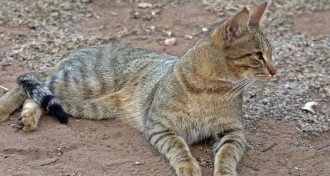 Animals
AnimalsLittle African cats need big parks
Protecting African wildcats requires large protected areas free of feral cats to avoid the risk of the wild species disappearing through hybridization.
-
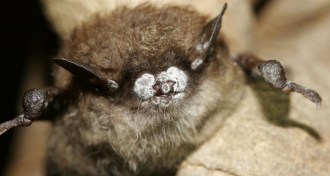 Animals
AnimalsWhite-nose syndrome messes with bats’ metabolisms
Bats with the deadly white-nose syndrome use twice as much fat for energy as their healthy companions in winter months.
-
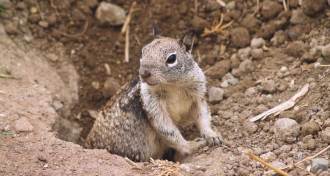 Animals
AnimalsWhy ground squirrels go ninja over nothing
Ground squirrels twist and dodge fast enough to have a decent chance of escaping rattlesnake attacks.
By Susan Milius -
 Ecosystems
EcosystemsLessons for the new year
SN Editor in Chief, Eva Emerson, reflects on looking to nature for insights on how to constructively look ahead - even if just a year -drawing from a handful of this issues natural science stories for her 2015 resolutions.
By Eva Emerson -
 Ecosystems
EcosystemsDam demolition lets the Elwha River run free
Removing a dam involves more than impressive explosions. Releasing a river like Washington state's Elwha transforms the landscape and restores important pathways for native fish.
-
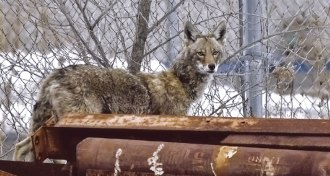 Ecosystems
EcosystemsCities are brimming with wildlife worth studying
Urban ecologists are getting a handle on the varieties of wildlife — including fungi, ants, bats and coyotes — that share sidewalks, parks and alleyways with a city’s human residents.
-
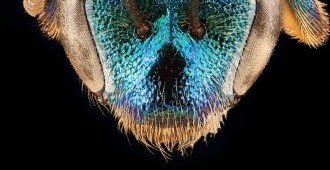 Animals
AnimalsBees, up close and personal
A photo archive from the U.S. Geological Survey's Bee Inventory and Monitoring Lab offers detailed photos of bee species.
By Susan Milius -
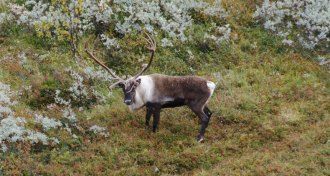 Animals
AnimalsChina’s reindeer are on the decline
A small, semi-domesticated population of reindeer found in northern China is suffering due to threats ranging from inbreeding to tourism.
-
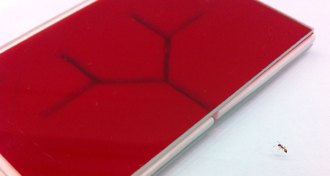 Animals
AnimalsRock ants favor left turns in unfamiliar crevices
Rock ants’ bias for turning left in mazes, a bit like handedness in people, may reflect different specializations in the halves of their nervous system.
By Susan Milius -
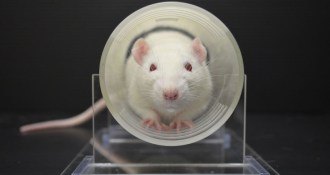 Animals
AnimalsThe scent of a worry
The smell of fear makes other rats stressed. Now, scientists have isolated the Eau de Terror that lets rats communicate their concerns.
-
 Genetics
GeneticsThe year in genomes
From the tiny Antarctic midge to the towering loblolly pine, scientists this year cracked open a variety of genetic instruction manuals to learn about some of Earth’s most diverse inhabitants.
By Meghan Rosen -
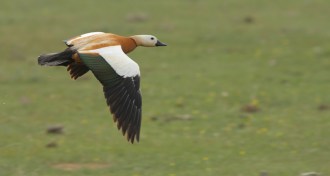 Life
LifeBird flu follows avian flyways
A deadly bird flu virus spreads along wildfowl migration routes in Asia.